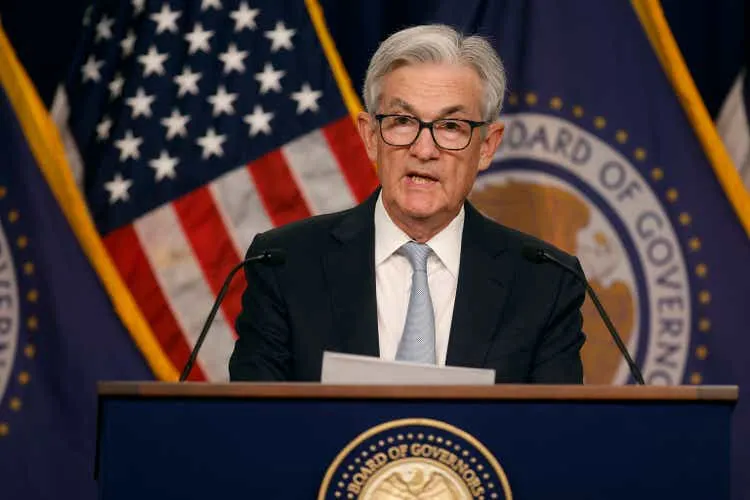
Updated: April 19 – 2025
President Donald Trump is reportedly evaluating the possibility of dismissing Federal Reserve Chair Jerome Powell, reigniting a long-standing conflict over monetary policy decisions. The tension centers on Powell’s reluctance to lower interest rates, a stance that has drawn criticism from Trump, who argues that the Fed’s policies are hindering economic growth.
White House economic adviser Kevin Hassett confirmed that the administration is studying the legal avenues available for such a move. While the Federal Reserve Act stipulates that a Fed Chair can only be removed “for cause,” interpretations of this clause vary, and the matter may ultimately require judicial clarification.
The dispute intensified following Powell’s recent remarks highlighting the inflationary risks associated with Trump’s tariff policies. In response, Trump has publicly questioned Powell’s leadership and suggested that his removal could occur swiftly.
The potential dismissal of a sitting Fed Chair is unprecedented and could have significant implications for financial markets. Such a move may undermine investor confidence in the Federal Reserve’s independence, potentially leading to increased market volatility. Concerns about the politicization of monetary policy could also affect the stability of the U.S. dollar and Treasury yields.
Moreover, the uncertainty surrounding the Fed’s leadership may complicate the central bank’s efforts to manage inflation and support economic growth. Investors are likely to closely monitor developments, as any perceived erosion of the Fed’s autonomy could influence investment strategies and risk assessments.
For investors, the unfolding situation warrants careful attention. The prospect of a leadership change at the Federal Reserve introduces a layer of uncertainty that could impact monetary policy direction and financial market dynamics. Maintaining a diversified portfolio and staying informed about policy developments will be crucial in navigating potential market fluctuations arising from this dispute.
Source: InfoMoney